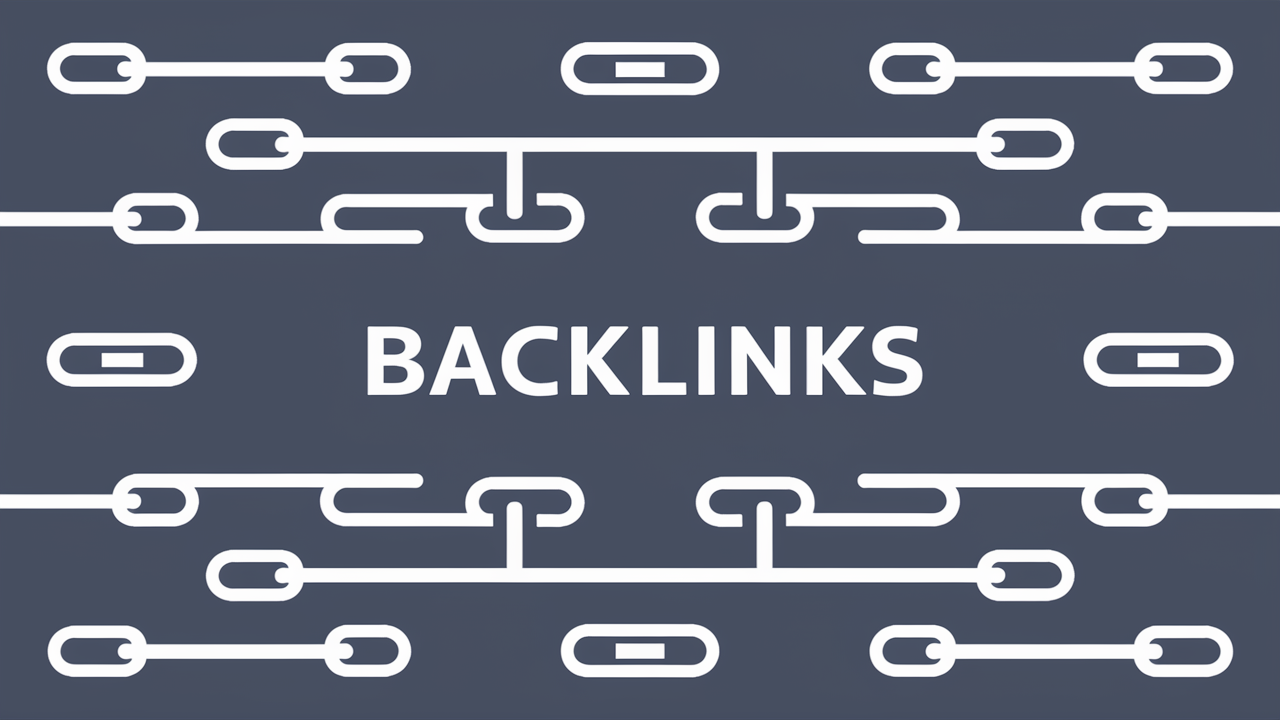TL;DR:
- A backlink is a hyperlink from one website that points to another.
- Backlinks are critical for SEO as they signal trustworthiness and authority to search engines.
- There are several types of backlinks, including dofollow, nofollow, and high-quality links.
- Focus on earning backlinks through quality content, outreach, and relationship building.
- Poor-quality or spammy backlinks can harm your SEO rankings.
Understanding Backlinks: The Basics
To answer the question, “What is a Backlink?”, let’s start with the fundamentals. A backlink, also known as an inbound link, is a hyperlink on one website that directs to another. These links act as endorsements or references, helping search engines evaluate a website’s credibility and relevance. If reputable sites link to your content, search engines see your site as trustworthy and are more likely to rank your pages higher in results.How Do Backlinks Work?
The role of backlinks in search engine optimization (SEO) boils down to one key factor: authority. Google and other search engines use algorithms to rank websites. Backlinks tell these algorithms that your site contains valuable content. The more quality backlinks you have, the stronger your authority becomes.Why Backlinks Are Important
- Boost SEO performance: Backlinks are among the top-ranking factors for search engines. High-quality backlinks improve your domain authority.
- Increase referral traffic: Backlinks from popular websites can bring targeted audiences directly to your content.
- Build trust and credibility: Backlinks from reputable sites signal that your website is a reliable source of information.
Types of Backlinks
There are various types of backlinks, each with unique characteristics and benefits:Dofollow Backlinks
Dofollow backlinks are the standard type of link that passes SEO value, or “link juice,” from the referring site to the linked website. These links can significantly impact your rankings, provided they come from high-authority domains.Nofollow Backlinks
Nofollow backlinks include a tag that tells search engines not to pass link juice. While they don’t directly affect SEO rankings, they can still drive traffic and build brand awareness.Internal Links vs. External Backlinks
Internal links connect pages within the same website, while external backlinks are links from a separate domain. External backlinks carry more weight in SEO rankings.How to Build High-Quality Backlinks
Building a strong backlink profile requires intentional effort and an understanding of best practices. Here are some actionable strategies:1. Create High-Value Content
Content is king when it comes to earning backlinks. Publish articles, videos, or infographics that provide unique insights or solutions for your audience. High-quality, shareable content naturally attracts links.2. Leverage Guest Blogging
Contributing guest posts to authoritative blogs in your niche is an effective way to earn backlinks. Ensure your content is relevant, well-written, and provides value to the host audience.3. Build Relationships
Establishing relationships with influencers or site owners in your industry can lead to natural link-building opportunities. Engage in meaningful conversations on forums, social media, or blog comments.4. Perform Competitor Analysis
Analyze your competitors’ backlink profiles to identify opportunities. Use tools like Ahrefs, SEMrush, or Moz to find sources and replicate their success.5. Conduct Outreach Campaigns
Reach out to websites or blogs that might find your content useful. A polite email introducing your content and explaining its relevance can sometimes result in a backlink.Common Backlink Mistakes to Avoid
While backlinks are essential for SEO, there are pitfalls to watch out for:- Avoid buying backlinks: Purchasing links violates Google’s guidelines and can lead to penalties.
- Beware of spammy links: Links from low-quality or unrelated sites can harm your rankings.
- Don’t over-optimize anchor text: Using exact-match keywords for anchors repeatedly may trigger search engine penalties.

